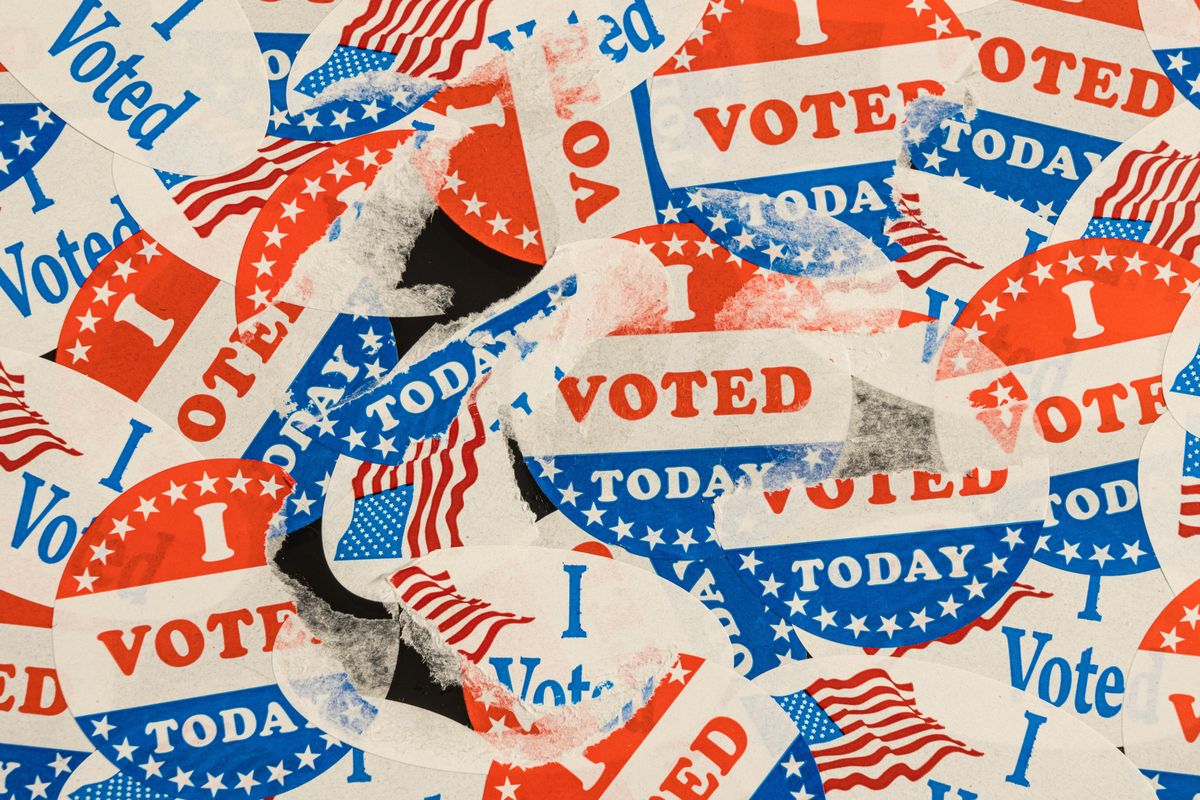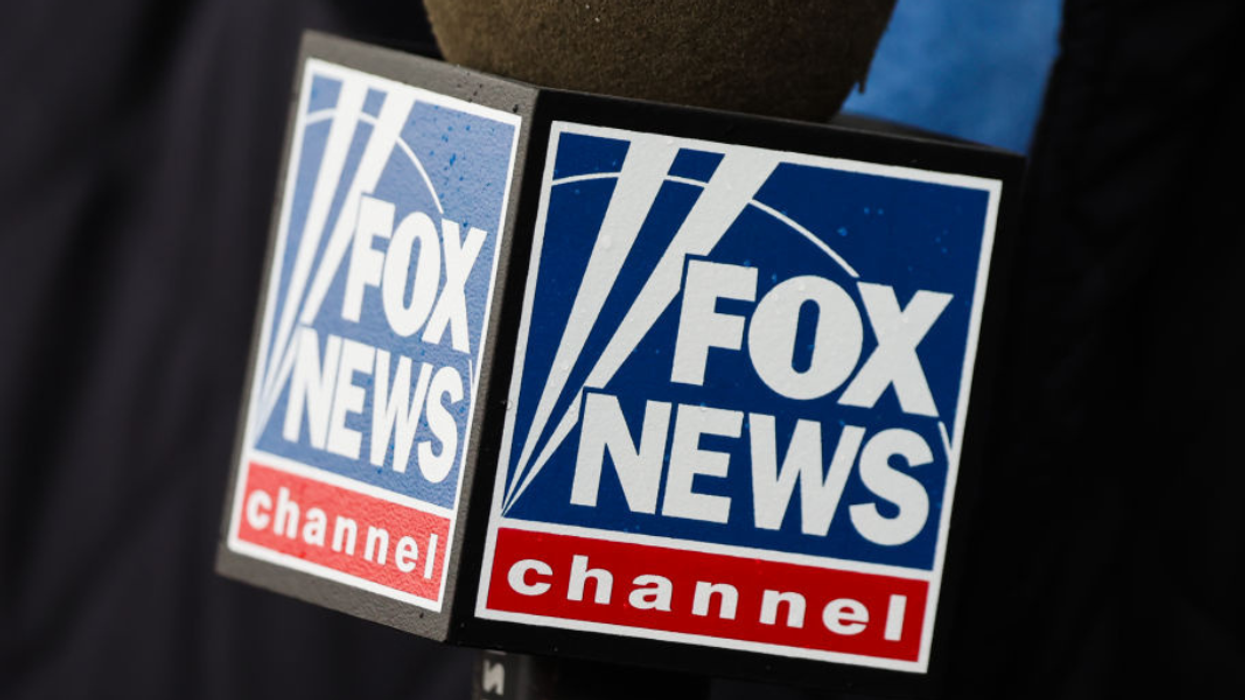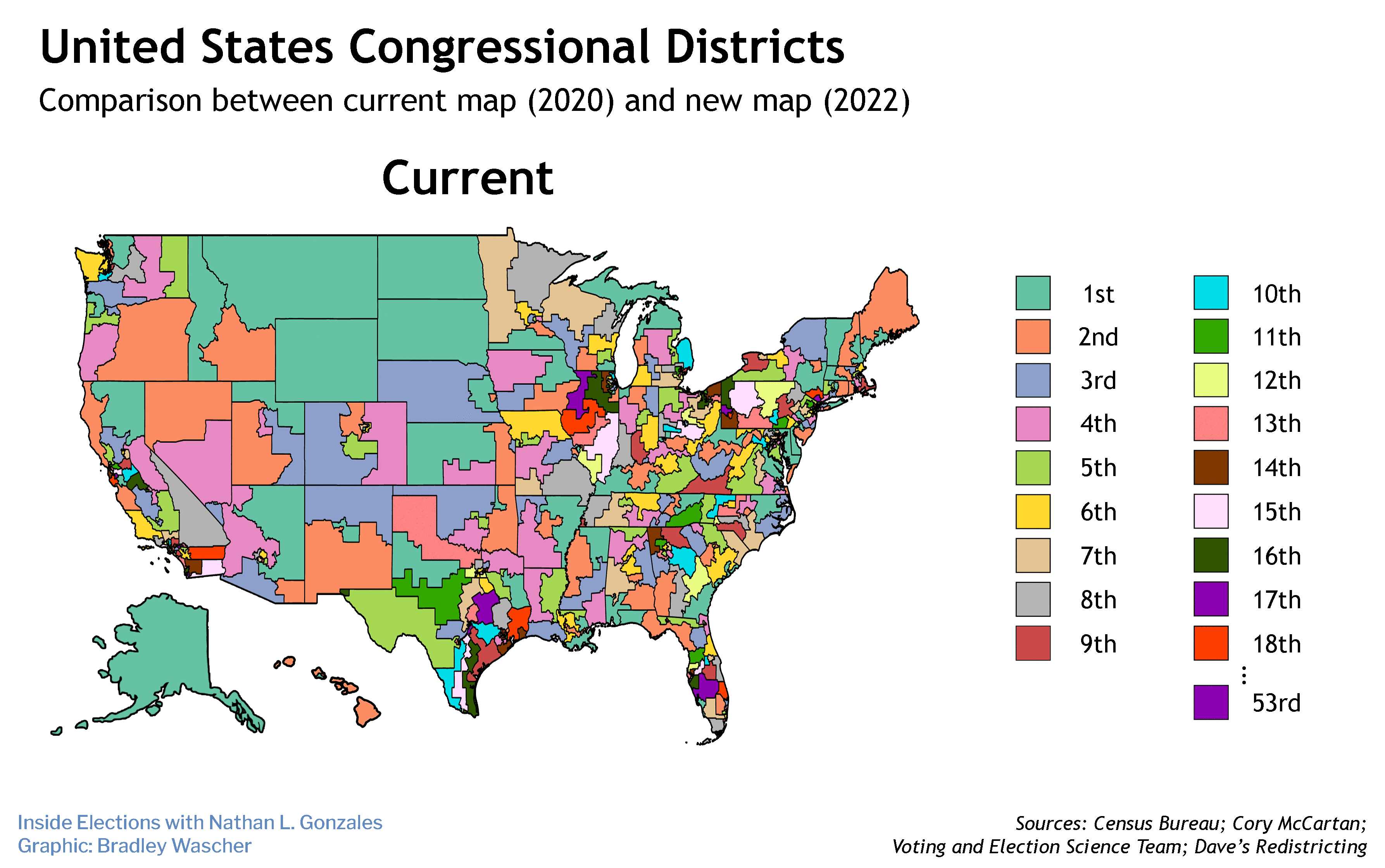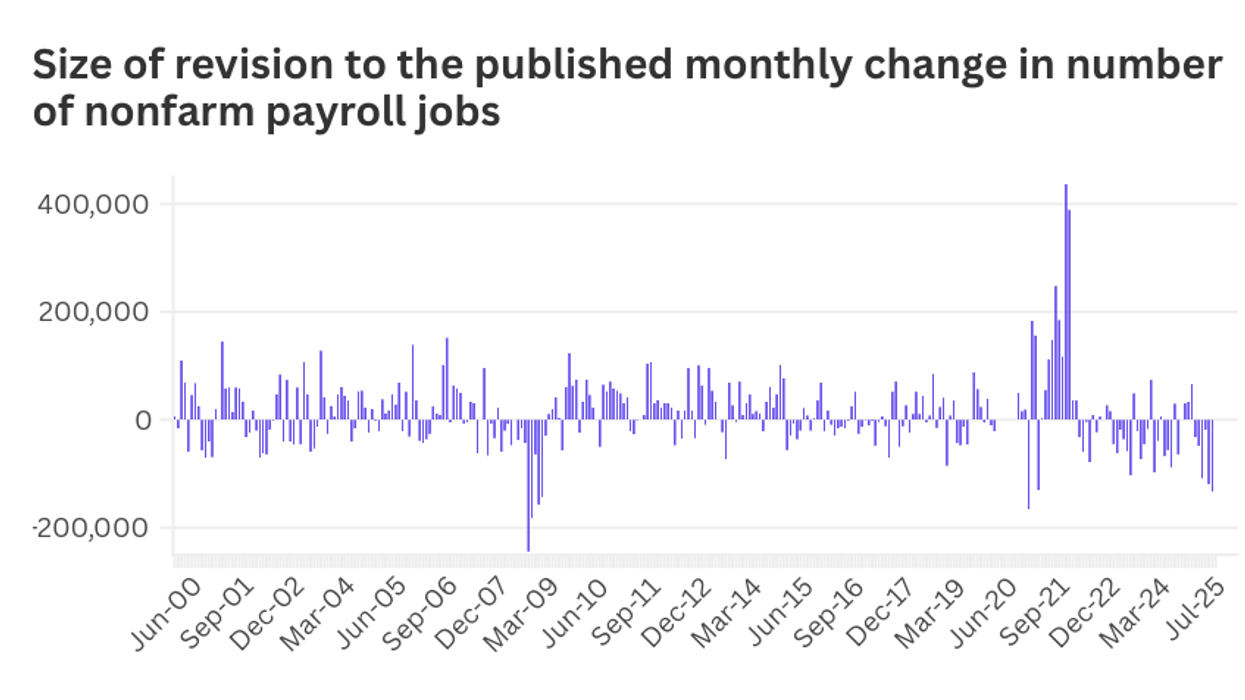Doty is the director of the Erb Institute’s Corporate Political Responsibility Task Force.
In the current, tumultuous U.S. political environment, business leaders are exploring ways to navigate heated debates and intensifying culture wars. Two of the foremost leaders on that front are Sarah Bonk and Richard Eidin of Business for America, who joined me for a discussion about how companies can help address the root causes of dysfunctional politics and prepare internally to take effective action.
Bonk and Eidein are, respectively, the founder/CEO and national policy director for BFA, a nonpartisan, nonprofit business organization that aims to improve the country’s civic health by increasing civic participation and voter turnout, restoring trust in elections and democratic institutions, reducing gridlock and polarization, and setting a positive example for business engagement in the political sector.
During our conversation, which was presented by the Corporate Political Responsibility Taskforce at the Erb Institute, Bonk and Eidlin shared findings from a recent survey conducted with more than 50 business leaders to understand how they feel about political backlash and how prepared they are to respond to it. Bonk and Eidlin then went on to outline how businesses can use tools like the Erb Principles for Corporate Political Responsibility to help address the root causes of dysfunctional politics and prepare internally to take effective action.
This landscape makes it impractical for businesses to try to remain above the fray of public discourse. “For companies, I would say adopting a ‘head in the sand’ approach is not a viable business strategy,” Eidlin said. “Ignoring the cultural and political landscape doesn’t minimize critique; it might actually empower those who misrepresent the truth or undermine democratic values. It’s crucial for companies to actively engage and prepare to address the challenges that arise.”
In the edited excerpts that follow, Bonk and Eidlin break down how companies are currently responding to, and how they can more proactively prepare amid, a polarized political climate.
Elizabeth Doty: Sarah, I believe it was late last year that you started a working group on “business backlash” and conducted a survey. What were the main takeaways? What surprised you?
Sarah Bonk: The main goal of convening the working group was to explore the challenges businesses face in the current political and cultural climate and to find ways to support them in addressing these issues. The working group comprised representatives from a diverse range of businesses, representing more than 3 million employees. The purpose of the survey was to understand three things:
First, how do businesses perceive the current political climate and the culture wars? How are those affecting them? Second, how does backlash affect a company's internal risk assessment, their actions, and their social impact work? Has that changed at all? Finally, what resources would be most helpful in navigating these issues?
One of the key takeaways from our survey was the overwhelming consensus among participants that backlash against businesses has reached an all-time high, with close to 90 percent of participants acknowledging attacks from political figures. The top concern expressed by the businesses surveyed was a potential PR crisis, followed by government retaliation as the second greatest concern.
We also asked companies how prepared they are to respond to activists or blowback from other external pressures. In the survey, they are given three choices: not prepared, somewhat prepared, and very well prepared. Notably, 17 percent of the surveyed companies admitted to being unprepared, while 52 percent considered themselves somewhat prepared, acknowledging that they had more work to do in developing their approach. In contrast, 32 percent expressed confidence in their preparedness, boasting a well-established response team, crisis plan, and cross-functional stakeholders.
Larger companies tend to be more confident in their ability to handle backlash. However, while size may offer advantages regarding resources, it also means greater exposure and risk.
Doty: What do you mean by backlash? Can you say a little more about how you define it and how we got here?
Bonk: It’s no surprise to anyone that the current political climate has become more volatile and contentious, which has a significant impact on business. Over the past few decades, we've observed growing pressure on corporations to take action on societal issues. As trust in lawmakers declines, people are turning to businesses to step into that void.
These pressures have led many companies to weigh in on social issues where doing so aligns with their values and commitments. However, this also leads to the different forms of backlash that we are witnessing. Backlash can take many forms, including pressure from employees, grassroots organizations and civil society groups, shareholders and investors, and elected officials who can take retaliatory action through laws and regulations. These create an ecosystem of pressure and risks for businesses.
Richard Eidlin: Of course, it’s always fair game for elected officials to openly comment on a sector’s response to specific issues. But now, companies are finding themselves in the crosshairs of politicians, wherein they are singled out for criticism or face targeted backlash. There are many levels to this sort of targeting.
For example, one of the actions emerging among elected officials toward companies is rhetorical threats. About two years ago, [Senate Minority Leader] Mitch McConnell’s admonishment to companies during the Georgia election exemplifies this approach. Threatening companies to remain silent and refrain from participation in certain matters emphasizes one shift in the political discourse for business. This is just one instance where we’re seeing — both at the federal and state level — government officials taking direct action against specific companies.
And then we have state legislatures who may decide to withdraw tax benefits or enact measures against companies based on disagreements with their political expression. Examples include Democratic governors threatening Chick-fil-A's expansion due to disagreements on gay marriage or [Florida] Gov. [Ron] DeSantis targeting PayPal for its stance on abortion. These legislative actions intensify pressure on companies, marking a potential shift toward what some perceive as an authoritarian trend, where elected officials leverage their power to regulate and limit a company's ability to express its views.
Doty: What can companies do to prepare to deal with the cultural and political environment? How do company values or the Erb Principles come into play? After setting their principles, what else should they do to prepare internally?
Bonk: To prepare for and effectively manage these challenges, our findings emphasized the importance of establishing a solid foundation by clearly defining their values and voice. Explicit language outlining your company’s core identity can help guide decision-making and actions. This foundational work is crucial for weathering crises, as attempting to determine principles during a PR crisis is often too late. The ability to respond to activists or political pressures requires a strategic approach, with company values and frameworks like the Erb Principles playing a crucial role.
The second crucial aspect is creating a robust internal team. Handling these issues should not fall solely on one individual; a diverse team is essential to understanding enterprise risks. This team should include individuals familiar with the workforce, those well-versed in the external political landscape, legal experts, and individuals attuned to the company's voice and public image. Leadership buy-in is critical for the success of this approach.
Internally, companies should also create decision-making trees and examine case studies and scenarios to anticipate and navigate potential challenges.
Doty: What challenges do companies face in being proactive and anticipating risk? Doesn't it really make sense to just hunker down and wait for the dust to settle?
Eidlin: For companies, I would say adopting a “head in the sand” approach is not a viable business strategy. Ignoring the cultural and political landscape doesn’t minimize critique; it might actually empower those who misrepresent the truth or undermine democratic values. It’s crucial for companies to actively engage and prepare to address the challenges that arise. Consider this: If companies do respond to elected officials’ critique and criticism, could that change the incentive structure and maybe dissuade elected officials from behaving in that way?
Also, having a corporate political officer, a role seen in multinational companies managing political risk abroad, is an interesting option. As political dynamics increasingly impact domestic operations, having experts in political risk management can be invaluable. Applying strategies traditionally used in international contexts to domestic situations is another innovative approach.
Business leaders seeking resources on whether and when to weigh in on policy issues can consult the Erb Principles for Corporate Political Responsibility. See the CPRT website for additional information.



















